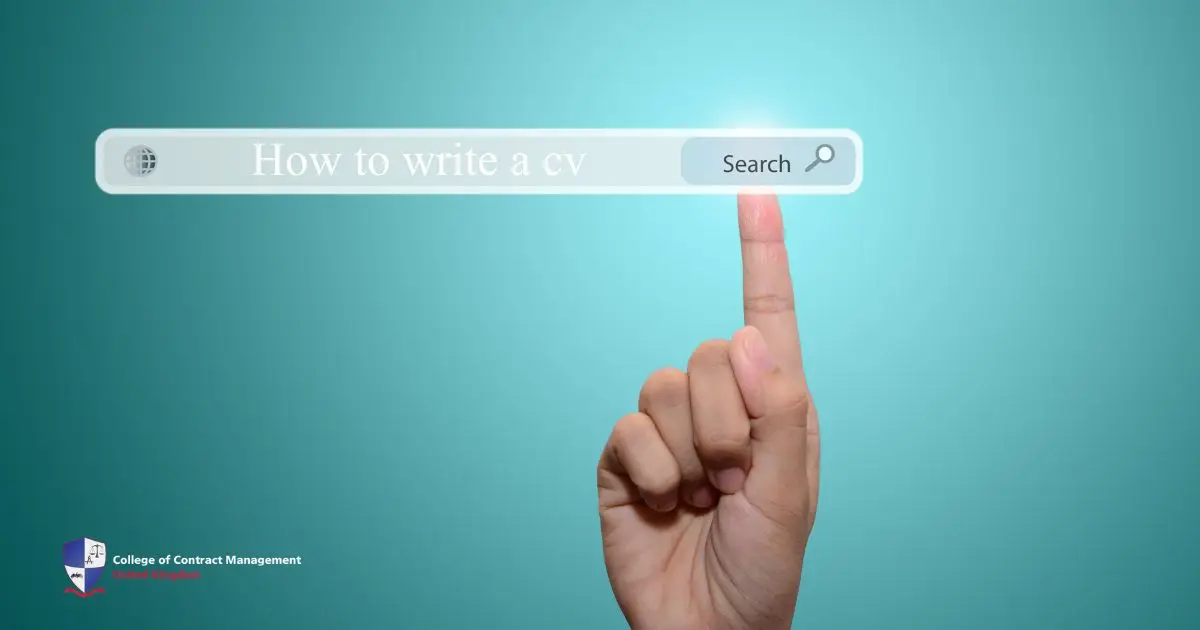Creating a compelling CV is vital for job seekers in the UK. Firstly, a CV (aka Curriculum Vitae) is your professional calling card. In essence, it summarises your education, skills, and relevant work experience, allowing you to effectively showcase your qualifications to potential employers. Moreover, an essential component of any CV is including “job-centric” skills. These skills not only demonstrate your capabilities but also improve your ranking in applicant tracking systems (ATS) that many employers use. With that, let us explore the importance of building or highlighting job-centric skills for CV writing.
Understanding Job-Centric Skills: Hard and Soft Skills
Job-centric skills are specific abilities tailored to the requirements of a particular role. In general, these skills fall into two main categories: soft skills and hard skills. Soft skills are personal traits that influence how you work, interact, and perform in a workplace. Examples include communication, teamwork, and problem-solving skills. Hard skills, on the other hand, are job-specific abilities that can be measured and tested, such as software proficiency or data analysis.
Importance of job-centric skills
Including the right job-centric skills on your CV is crucial for several reasons. Firstly, these skills help you stand out in a competitive job market. Employers often look for specific skills that match their job descriptions. Secondly, they are essential for ATS. Many companies use this system to filter applications. Consequently, including relevant skills can ensure your CV gets noticed by hiring managers.
Differentiating between soft and hard skills for CV writing
While soft skills are often harder to teach, they are essential for workplace dynamics. In fact, they help you navigate various situations and collaborate with others effectively. Examples include leadership, active listening, and adaptability. In contrast, hard skills are easier to quantify. They are usually gained through education or training and are directly related to job functions. Examples include technical skills like coding, data analysis, or project management.
How to Identify and Include Skills for CV Pre-Writing
Conduct a self-assessment
The first step in identifying the right skills is to conduct a self-assessment. Specifically, reflect on your past experiences, roles, and the tasks you performed. Write down achievements and any feedback you have received. This process will help you identify your strengths and weaknesses. Once you have a comprehensive list, you can focus on the skills that align with your career goals.
Review job descriptions
Next, carefully review job descriptions for roles you’re interested in. Here, identify the key skills and qualifications employers are looking for. Then, cross-reference these skills with your self-assessment list. This will help you determine which skills to emphasise on your CV. Be selective – focus on those skills that match your experience and the requirements of the position.
Categorise your skills
Once you have a solid list of potential skills, categorise them into soft and hard skills. This organisation will help you decide which skills are most relevant to include in your CV. A balanced mix of both types of skills demonstrates that you are a well-rounded candidate. Tailor your list for each application, emphasising skills that are most relevant to the specific role.
Adding Effective Skills for CV Writing
Create a core competencies section
One effective way to showcase your skills is to create dedicated core competencies at the top of your CV. This section allows recruiters to quickly identify your key abilities. Use bullet points for easy scanning, and tailor this section to match the job description closely. Highlight the skills that you possess and that are explicitly required for the role.
Reference skills in your employment history
Another method to demonstrate your skills is by incorporating them into your employment history. Instead of simply listing your duties, provide examples that illustrate how you utilised those skills. For instance, instead of saying “managed a team,” you could write, “Led a team of five, improve project delivery times by 20% through effective delegation and communication.”
Use a functional CV format
If you’re changing careers or have minimal work experience, consider using a functional CV format. This format emphasises your skills over your chronological work history. Create a skills section that highlights your achievements related to the skill. This approach allows you to present your qualifications even if you lack direct experience in a specific field.
Conclusion
Incorporating job-centric skills into your CV is essential for success in the UK job market. Create a CV that stands out, understand, and enumerate your hard and soft skills. Remember to tailor-fit your CV for each application, making it relevant to the specific role. Regularly update your CV with new skills and experiences to keep yourself updated and competitive in this constantly improving job landscape. Get your CV to shine, make it work, or rather make it find your work.
For more ideas and job-centric advice, visit the College of Contract Management UK website. With the skill set upgrades we can offer, we're sure you can find your dream job in no time.





